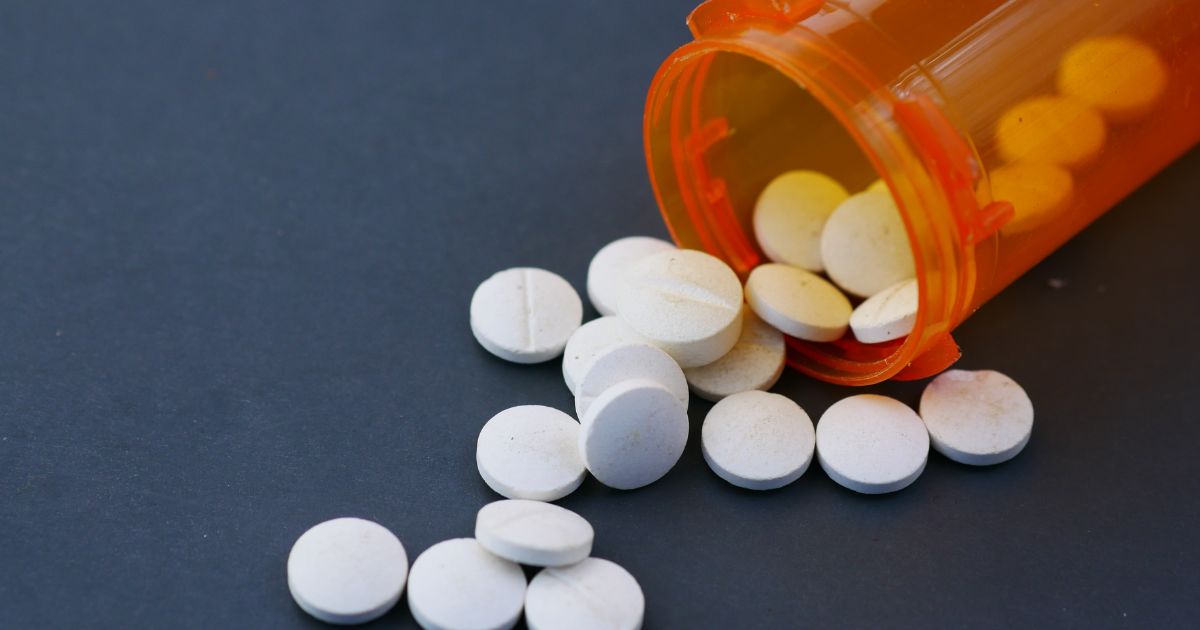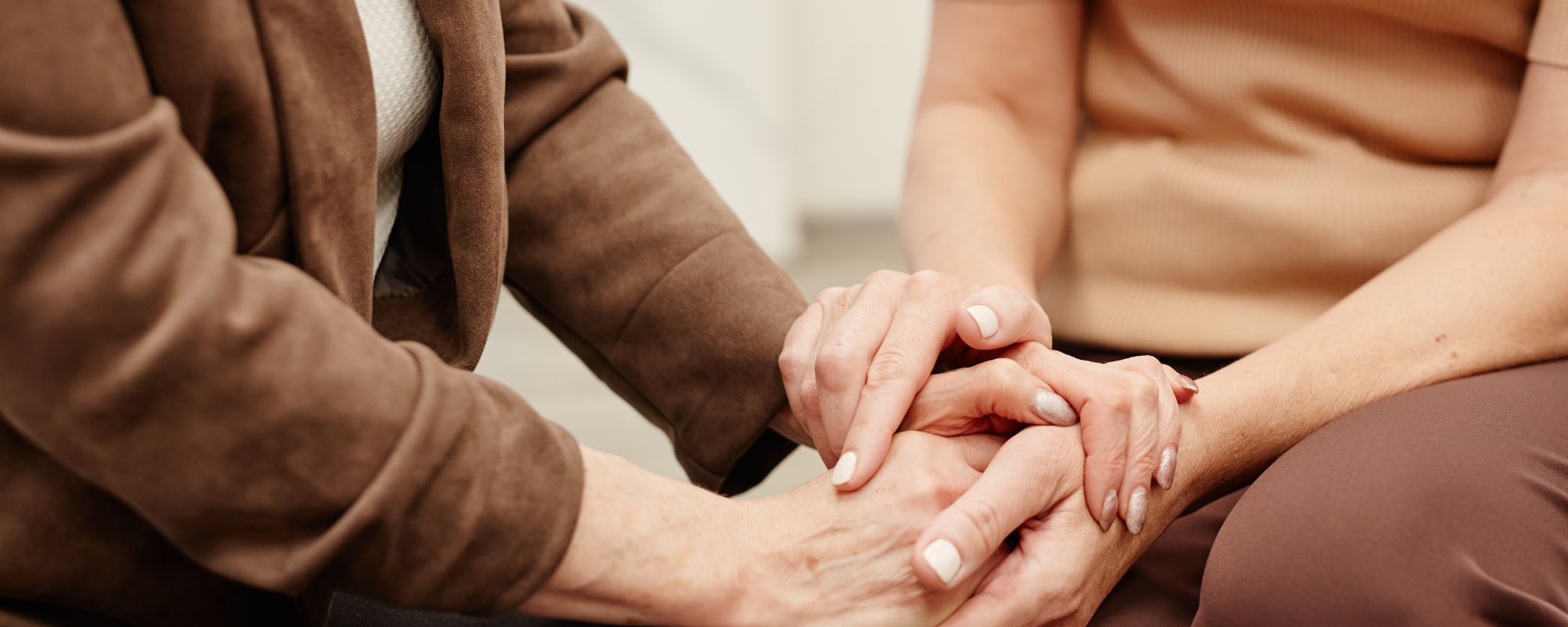Children learn how to live as they grow up. Children learn dynamics and how to do many things, including: how the world is, how to express emotion, how to communicate, how to behave, and how to cope. There are many factors that influence a child’s ability to do learn, what the child learns, and how the child applies what they learn. Parents or parental figures have a massive impact on this learning process, as do a variety of different experiences that may instill core beliefs into a child.
One of the most influential experiences in childhood is trauma. Childhood trauma increases the risk of developing various health problems, diseases, and social impairment. According to various studies, childhood trauma and addiction are significantly linked. “Exposure to traumatic experiences, especially those occurring in childhood, has been linked to substance use disorders (SUDs), including abuse and dependence” (Khoury).
The most common core beliefs for a someone who has experienced childhood trauma include:
(Hosier).
These core beliefs shape the way people think, feel, and behave. This can cause impairment socially, physically, and mentally.
Effect on the Brain
Your childhood experiences shape your psychological development. The human brain has plasticity, or the capability to adapt and respond to an environment. This neuroplasticity can happen in childhood experiences to adapt to circumstances, and affect how you think, feel, act or respond. Different circumstances can cause the brain to create new neural connections and sever or damage other connections. Childhood trauma can result in cognitive, social, or behavioral dysfunction. Childhood trauma in ranging severities is linked to addiction, with higher scores of childhood trauma making people more susceptible to health problems and disorders, including alcoholism and drug addiction. Victims of childhood trauma often turn to self-medicating behaviors, which can easily become a coping mechanism turned addiction. This point is touched on in a study of the link between childhood trauma and substance abuse, stating that “Early traumatic experience may increase risk of substance use disorders (SUDs) because of attempts to self-medicate or to dampen mood symptoms associated with a dysregulated biological stress response” (Khoury).
While many things can have an affect on your addiction, there is a significant link between childhood trauma and a drug or alcohol addiction. About 2/3 of addicts have experienced trauma in their childhood.
Childhood Traumatic Experiences
These definitions of childhood trauma were taken from the Adverse Childhood Experiences (ACE) study, conducted at Kaiser Permanente for the purpose of identifying childhood trauma and its’ affects. Childhood trauma can be categorized into three groups, including: abuse, neglect, and household challenges. The questions included in the ACE study are referring to experiences had in the first 18 years of life. Here are a list and definitions of the Adverse Childhood Experiences that indicate trauma:
Abuse
A parent, stepparent, or adult living in your home swore at you, insulted you, put you down, or acted in a way that made you afraid that you might be physically hurt.
A parent, stepparent, or adult living in your home pushed, grabbed, slapped, threw something at you, or hit you so hard that you had marks or were injured.
An adult, relative, family friend, or stranger who was at least 5 years older than you ever touched or fondled your body in a sexual way, made you touch his/her body in a sexual way, attempted to have any type of sexual intercourse with you.
Neglect
Someone in your family made you feel unimportant or unloved. People in your family did not look out for each other or feel close to each other. Your family was not a source of strength or support.
There was not someone to take care of you, protect you, or take you to the doctor if you needed it. You didn’t have enough to eat, your parents did not take proper care of you, or you had to wear dirty clothes.
Household Challenges
Your mother or stepmother was pushed, grabbed, slapped, had something thrown at her, kicked, bitten, hit with a fist, hit with something hard, repeatedly hit for over at least a few minutes, or ever threatened or hurt by a knife or gun by your father (or stepfather) or mother’s boyfriend.
A household member was a problem drinker or alcoholic or a household member used street drugs or abused prescription drugs.
A household member was depressed or mentally ill or a household member attempted suicide.
Your parents were separated or divorced. If a parent (or a household member) passed away, this is also a trauma.
A household member went to prison.
(Kaiser Case Study).
Other traumatic experiences not listed above include: a major car accident, natural disasters, terrorism, community violence, sudden loss of a loved one, refugee or war experiences, serious accidents, life-threatening illness, military-related stressors like deployment, and any situation that someone is in fear for their life.
Stress Response
“When children are overloaded with stress hormones, they’re in flight, fright or freeze mode. They can’t learn in school. They often have difficulty trusting adults or developing healthy relationships with peers (i.e., they become loners). To relieve their anxiety, depression, guilt, shame, and/or inability to focus, they turn to easily available biochemical solutions — nicotine, alcohol, marijuana, methamphetamine — or activities in which they can escape their problems — high-risk sports, proliferation of sex partners, and work/over-achievement” (“Got Your ACEs Score?”).
Many alcoholics and addicts that have experienced trauma, hold beliefs that influence their behaviors. Addiction for those who have experienced trauma, may have been driven by one or more of the following intentions:
Addicts and alcoholics will use drugs to escape their state of mind and enter a “safer” one.
Unwanted or unresolved memories are countered with substances so that the addict can forget or escape them.
Emotional or physical pain can be escaped by using the substance, therefore, substance abuse becomes the measure of lessening the pain you feel.
Addicts and alcoholics with childhood trauma will try and create a sense of control in their lives by taking drugs or drinking alcohol. The substances can lead to feeling strong, courageous, and in control.
Often, childhood trauma will instill a core belief of “the world is not a safe place,” to counter this, addicts will use substances to lessen the intense feelings of fear and anxiety that this core belief causes. Continuing to use the substance will help the world feel manageable.
Many addicts with childhood trauma hold strong feelings of worthlessness, hopelessness, and feel like they are damaged. These addicts will continue the emotions, feeling like they’re living in alignment with who they are by abusing substances. They feel like they aren’t worth anything better than a life of alcohol or drug abuse.
Many addicts with childhood trauma experience a lack of self-identity separate from what has happened to them, so they turn to drugs or alcohol for the sense of community and to connect with others who also feel as they do.
Overcome Your Trauma
The intensive therapy we provide at Royal Life Centers will help guests heal and overcome their childhood trauma. We use a variety of therapeutic methods, including: individual therapy sessions, group therapy, behavioral therapies, support groups, adventure therapy, activity therapy, and equine therapy. Upon arrival to our facilities, each guest will be assessed and evaluated for any co-occuring disorders they may have— like depression, anxiety, post-traumatic stress disorder (PTSD), etc. No matter how hopeless you may feel, Royal Life Centers is here to help you heal and rebuild a happy, healthy, successful, and meaningful life in sobriety. Recovery is possible.
References:
“Got Your ACE Score?” ACEs Too High, ACEs Too High, 27 Feb. 2019, acestoohigh.com/got-your-ace-score/.
Hosier, David. “False Core Beliefs : Their Childhood Roots.” Childhood Trauma Recovery, Childhood Trauma Recovery, 4 Dec. 2014, childhoodtraumarecovery.com/all-articles/false-core-beliefs-childhood-roots/.
“Kaiser ACE Study.” Centers for Disease Control and Prevention, U.S. Department of Health and Human Services, 2 Apr. 2019, www.cdc.gov/violenceprevention/childabuseandneglect/acestudy/about.html.
Khoury, Lamya et al. “Substance use, childhood traumatic experience, and Posttraumatic Stress Disorder in an urban civilian population.” Depression and anxiety vol. 27,12 (2010): 1077-86. doi:10.1002/da.20751
Rosenthal, Michele. “Trauma and Addiction: 7 Reasons Your Habit Makes Perfect Sense.” Recovery.org, American Addiction Centers, 30 Mar. 2015, www.recovery.org/pro/articles/trauma-and-addiction-7-reasons-your-habit-makes-perfect-sense/.
If you or someone you know is struggling with an addiction, please reach out to our team of addiction specialists at (877)-RECOVERY or (877)-732-6837. Our team is available to take your call 24 hours a day, 7 days a week. Because We Care.









